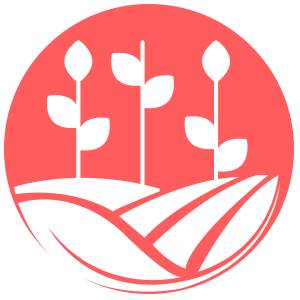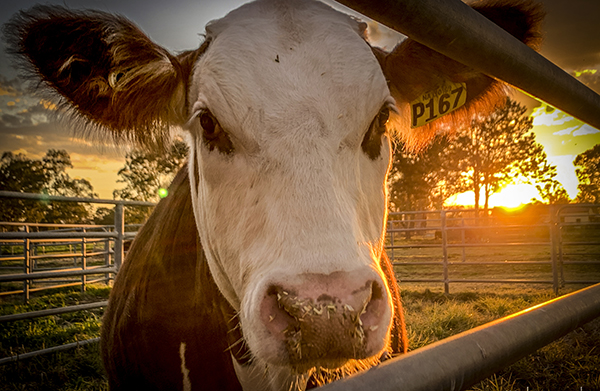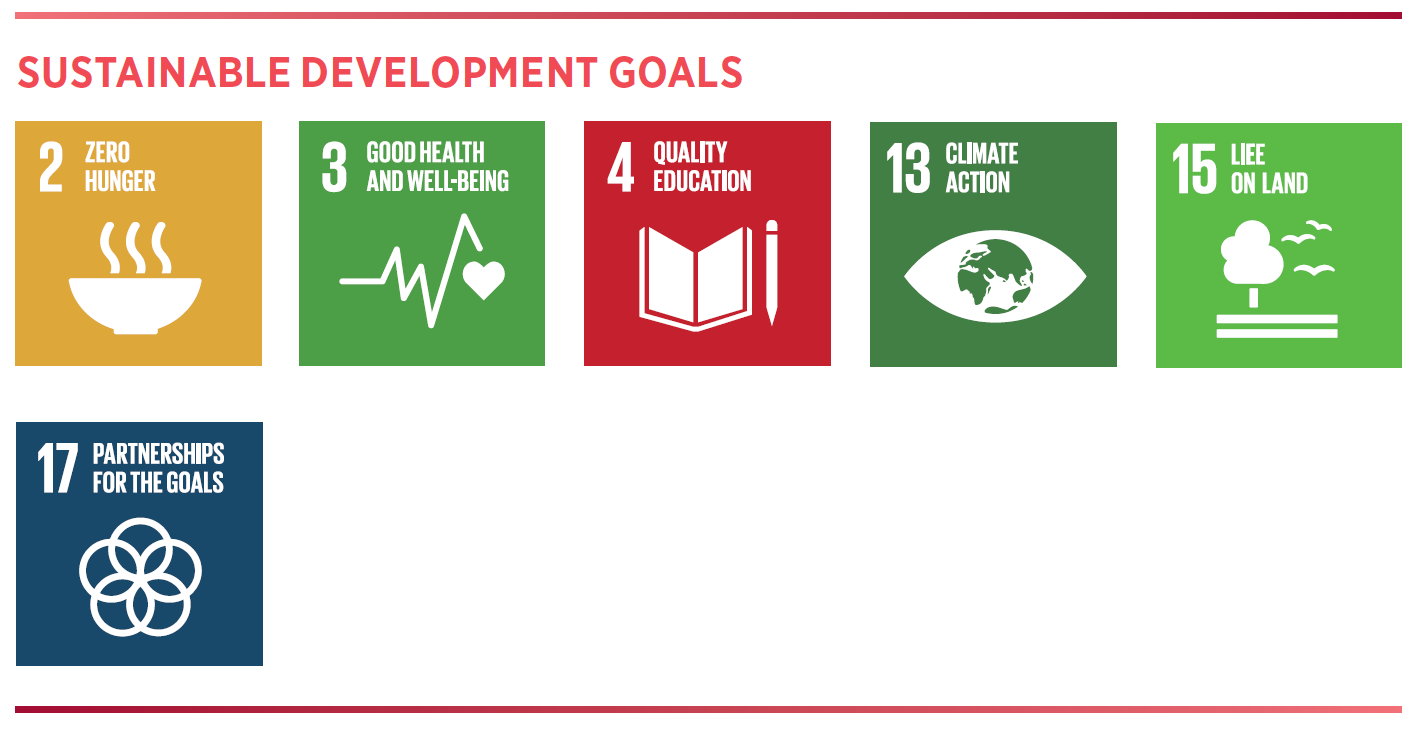- Division of Infrastructure and Commercial
- Achievements
-
Action Plan
- - Commitment
- - Environmental & Institutional Context
- - Resilience & Climate Change
- - Sustainable Energy
- - Water Cycle Management
- - Green Star Buildings & Precincts
- - Waste & the Circular Economy
- - Biodiversity Conservation
- - Biosecurity & Environmental Health
- - Regenerative Agriculture
- - Transportation & Travel
- - Social & Corporate Responsibility
- Environmental Performance
- Campus and Accessibility Maps
- Carbon Neutrality
- Hawkesbury Farm
- EV Charging Stations
- Living Labs
- Plans, Publications & Reports
Regenerative Agriculture

The Hawkesbury campus is a best practice example of peri-urban landscape management, with an embedded commercial farm operation reflecting sustainable and regenerative agricultural practices.
Building upon the commercial, teaching and research initiatives already underway, the Hawkesbury Place-making Strategy will clarify the future opportunities emerging from precinct developments such as the commercial Agri-tech Hub and related partnership opportunities.
Overview
Key Strategies Emerging
The Hawkesbury Farm is a commercial demonstration of regenerative agriculture, supporting a self-reproducing herd of commercial and stud cattle. This farm operation is embedded within peri-urban water recycling scheme, with a supply agreement from Sydney Water, which provides water resources for irrigation. A Service Model identifies the clear role of the farm in supporting teaching and learning by Western, alongside the Department of Education’s Centre of Excellence in Agriculture, and the neighbouring TAFE campus.
A number of complementary peri-urban initiatives have developed, including the National Centre for Protected Cropping Research, commercial tenants including NSW Land Services and Greening Australia. Two key emerging strategies are a campus master planning process focusing on Place-making across the Estate, along with an Agri-tech Hub of commercial protected cropping operators. Increasing precinct development across the campus will provide further collaborative opportunities which build upon circular economy principles.
Management Initiatives Underway
Soil health is supported by amendment with composted organic fertiliser, with minimal tillage to reduce impacts on soil structure. A
mixed pasture ecology of grasses and clovers self-seed, supporting persistence of key species and seasonal dynamics.
Grazing management ensures soil cover is maintained and mulched. The grazing operation is undertaken as a commercial activity with best practice drivers including stud genetics for Angus and Limousin cattle.
Building upon carbon farming initiatives, opportunities are being investigated to engage with the “Accounting for Nature’ approach for monitoring condition and improvements in ecosystem services. Also, the opportunity for planting of shelterbelts across the farm and broader Estate may contribute to carbon sequestration and associated carbon credits, contributing to becoming Climate Positive through integrated ecosystem services.
Related Living Lab Initiatives
Building upon the utilisation of farm and environmental assets for teaching and learning by the School of Science, the Hawkesbury Farm Service Model expands upon secondary and vocational teaching, learning and engagement.
The Place-Making Strategy and development of the Agri-tech Hub are expected to significantly expand opportunities for living labs with commercial, government, and community interests.
Compliance Requirements and Risk
Commercial animal production and husbandry is required to be undertaken in a manner consistent with:
- Biosecurity regulations and procedures
- Industry animal welfare guidelines
- Work Health and Safety
Standard Western work health and safety and risk management processes are well established for both farm operations and visitors.
Trends and Interdependencies
Resilience of the commercial operation are dependent upon the mix of best practice production and husbandry, underpinned by appropriate use of recycled water to supplement the rain-fed agricultural system. Climate change and variable rainfall have a clear impact on agricultural systems.
Targets
| 2022 | Tree planting for carbon capture |
|---|---|
| 2025 | Accounting for nature |
| 2025 | Integration with Agritech Hub |
Initiatives and Case Studies
Centre of Excellence in Peri-Urban Futures
Hawkesbury Farm is now a showpiece of commercial and sustainable agriculture, consistent with current interest in regenerative agricultural practices. The resources associated with the farm are a key component of the development of the educational precinct as a “Centre of Excellence in Peri-Urban Futures”.
Collaboration involves Western’s Sustainable Agriculture and Food Security Program, Richmond TAFE’s agri-industry skills courses, and the Department of Education’s Centre of Excellence - Richmond Agricultural College for primary and secondary school engagement.
Hawkesbury Livestock Team
The Hawkesbury Livestock Team is a student-led initiative with participation managed through peer mentoring by Animal Science and SAFS students.

Mobile options:


